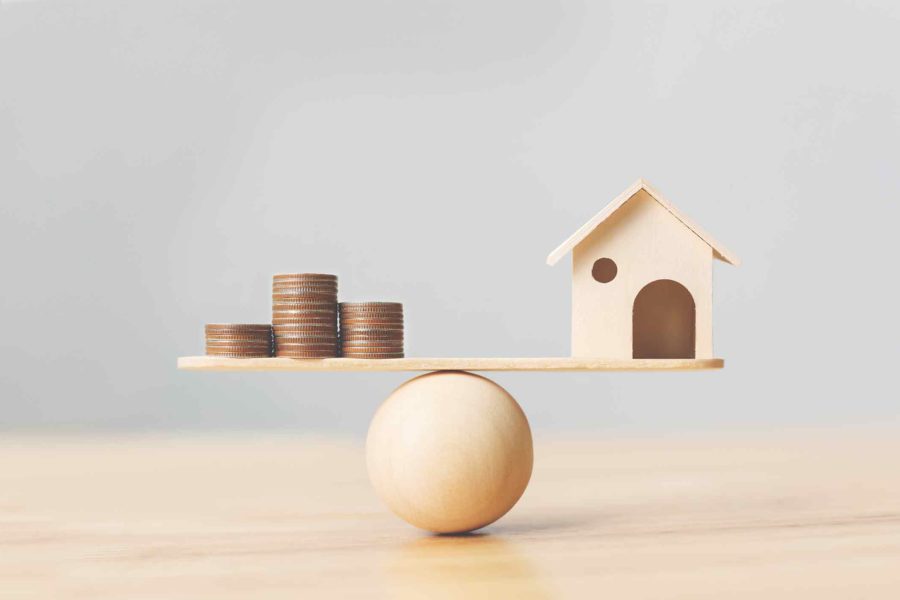Would you like to travel more, retire early, diversify your investments, change careers or just worry less?
How can you work toward one of those goals starting today, without hiring a financial advisor, taking on a second job, or doing painful investment research?
Four simple words: Pay down your debts.
Paying down credit card debt, a mortgage or a car loan has always been a sound financial move. Most people know that paying the high interest rates for credit card debt is bad for the budget. And with a car loan, you’re paying for a rapidly depreciating asset.
But mortgage debt is adult and responsible, right? Sure, but it’s still debt, and debt ties up your money and your freedom. What’s more, with recent changes to the tax laws that now limit the deductions for mortgage interest and property taxes, paying off your mortgage early can be a wise move, and it can save you tens of thousands of dollars.
Consider this: Let’s say you have a mortgage of $300,000 with an interest rate of 4% and a 30-year loan term. If you pay $150 additional toward the principal each month, you can expect to save $40,282 and pay off your mortgage almost five years earlier, according to American Financing, an Aurora, Colorado-based mortgage lender. What’s $150? One or two less dinners out per month?
Even if you only “come up with one or two extra mortgage payments a year, you will cut years off your mortgage,” says Drew Parker, creator of The Complete Retirement Planner, a retirement planning program. And, again, due to the recent changes in the tax laws, “If you have high real estate taxes in your state, you could be losing $5,000 or $10,000 a year in tax deductions,” he explains.
Slashing Debt
“I paid my own mortgage off in seven years,” says Tracy Becker, president of North Shore Advisory, Inc., a Sparkill, New York-based credit restoration and education company. “If you have a high mortgage, you can save a substantial amount of money. You’re putting all that money [from the shorter loan term and thus reduced interest payments] into your pocket as opposed to putting it into a bank’s pocket.”
Becker notes that paying off a home loan or other debt may temporarily lower your credit score. But, the benefits to your checkbook can be worth it.
She also says a homeowner with good credit and a mortgage with a higher rate than current rates should ask her lender about a “loan modification.” It’s cheaper and simpler than a full refinance, but banks “don’t go around advertising that fact.” If the fee is reasonable, do a loan modification to get a lower interest rate. Then pay down the principal early, too.
With less debt you have more of a safety net. “You have to allow yourself room for unexpected things to happen, and having discretionary money gives you freedom,” says Parker.
Get Out of Survival Mode
Why don’t more people pay down their mortgages early? Two reasons: Many people can’t think beyond this month’s bills, and they need a goal that will make them want to reduce their debts.
“People are caught up in survival; it’s hard to think beyond it,” says Amanda Abella, an author and personal finance expert. “They want to start saving for retirement, but they’re worried about today. Or, they’re worried about student loans and medical bills.”
Abella says there are two ways to get out of survival mode, lower your bills or make more money. For people to want to lower their bills, they need an “emotional payoff.” How will it feel to lower your debts, and what will you get out of it?
“Your focus should be on your lifestyle and goals and not on a budget,” Abella says, because if paying down your debts get you to a goal “you’ll really want to do it.”
Another strategy for paying down debts is to use money that’s outside your normal wages. When you receive a bonus, a tax refund, a rebate, or pennies from heaven, sure go ahead and buy yourself a reward, but also put some of that money to use paying down your debts and reward yourself with some future freedom.



 3 min read
3 min read



